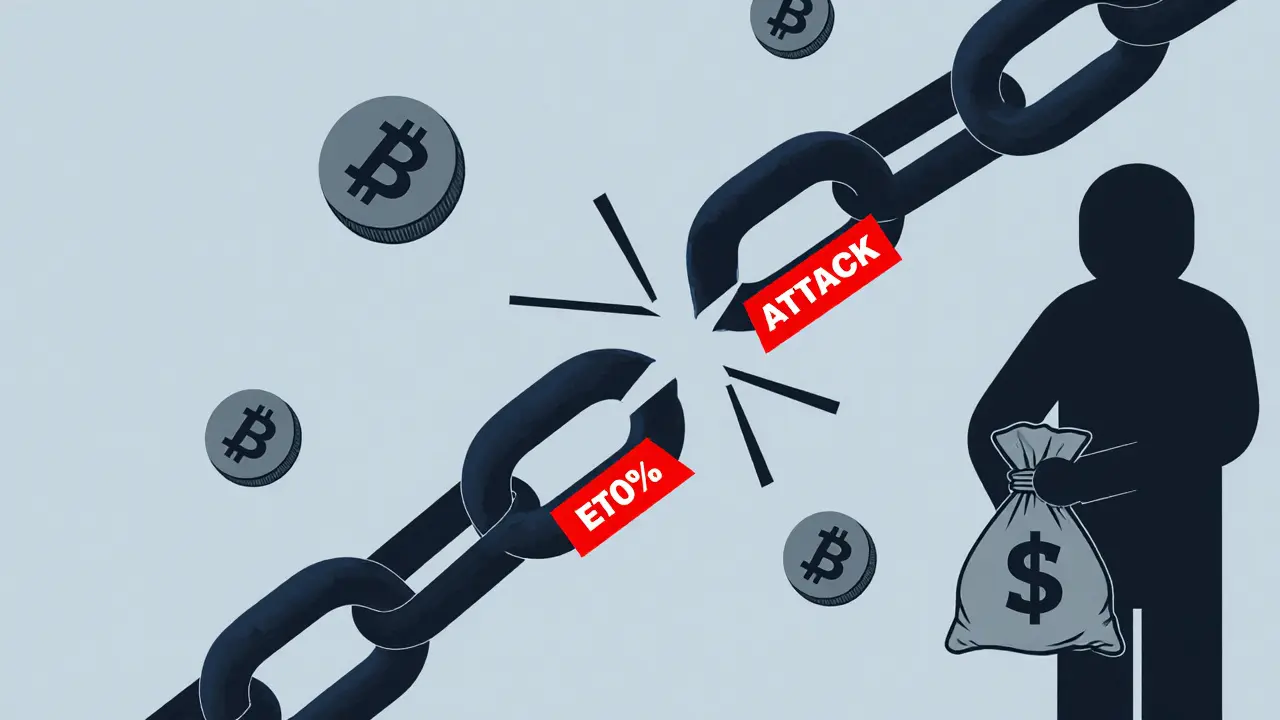Blockchain Security: Protect Your Crypto from Hacks, Scams, and Exploits
When you hold cryptocurrency, you're not just storing value—you're trusting a digital system that can be broken. Blockchain security, the set of practices and technologies that protect decentralized networks from theft, manipulation, and failure. Also known as crypto security, it’s what stops hackers from draining wallets, hijacking exchanges, or freezing your funds with a single exploit. Without it, even the most promising tokens become worthless. Think of it like locking your car: having a fancy car means nothing if the door doesn’t lock.
Blockchain security isn’t one thing—it’s many layers working together. Hardware Security Modules (HSMs), physical devices that store private keys offline and prevent digital access. Also known as crypto key vaults, they’re used by exchanges like Binance and Coinbase to protect billions in assets. Skip an HSM, and you’re gambling with your crypto. Then there’s encrypted smart contracts, blockchain code that hides transaction details by default, not just the sender and receiver. Also known as privacy-preserving blockchains, they’re the backbone of networks like Secret (SCRT), where even the amount you send stays hidden. Most blockchains broadcast everything—your balance, your trades, your connections. Privacy-focused chains change that, making it harder for attackers to target you based on your activity.
And let’s not forget the weakest link: the exchanges. Crypto exchange security, how well a platform protects user funds from internal leaks, phishing, and code exploits. Also known as DEX security, it’s why platforms like Zeddex and Darkex vanish overnight—no audits, no liquidity, no real security checks. You don’t need to be a hacker to lose everything. A single unpatched vulnerability or a careless admin can wipe out users. That’s why you need to know what’s behind the interface. Is it audited? Is it decentralized? Does it use HSMs? Or is it just a flashy website with zero real protection?
What you’ll find below aren’t just reviews—they’re real-world case studies of what works and what fails. From the $121K IGU airdrop built on secure AI-driven contracts, to the dead tokens like Landboard that vanished because no one bothered with security, you’ll see how blockchain security decides whether a project survives or dies. You’ll learn why Thailand’s tax rules matter less than whether your exchange uses multi-sig wallets, and why Pakistanis risk fines to use crypto—not because they’re tech wizards, but because their banks failed them. This isn’t theory. It’s survival.
Challenges of Immutability in Blockchain Systems
Immutability in blockchain isn't absolute-it's a trade-off. This article explores how GDPR, smart contract errors, network attacks, and storage limits make permanent data a liability, not a feature, and what real-world solutions are emerging.
Details +